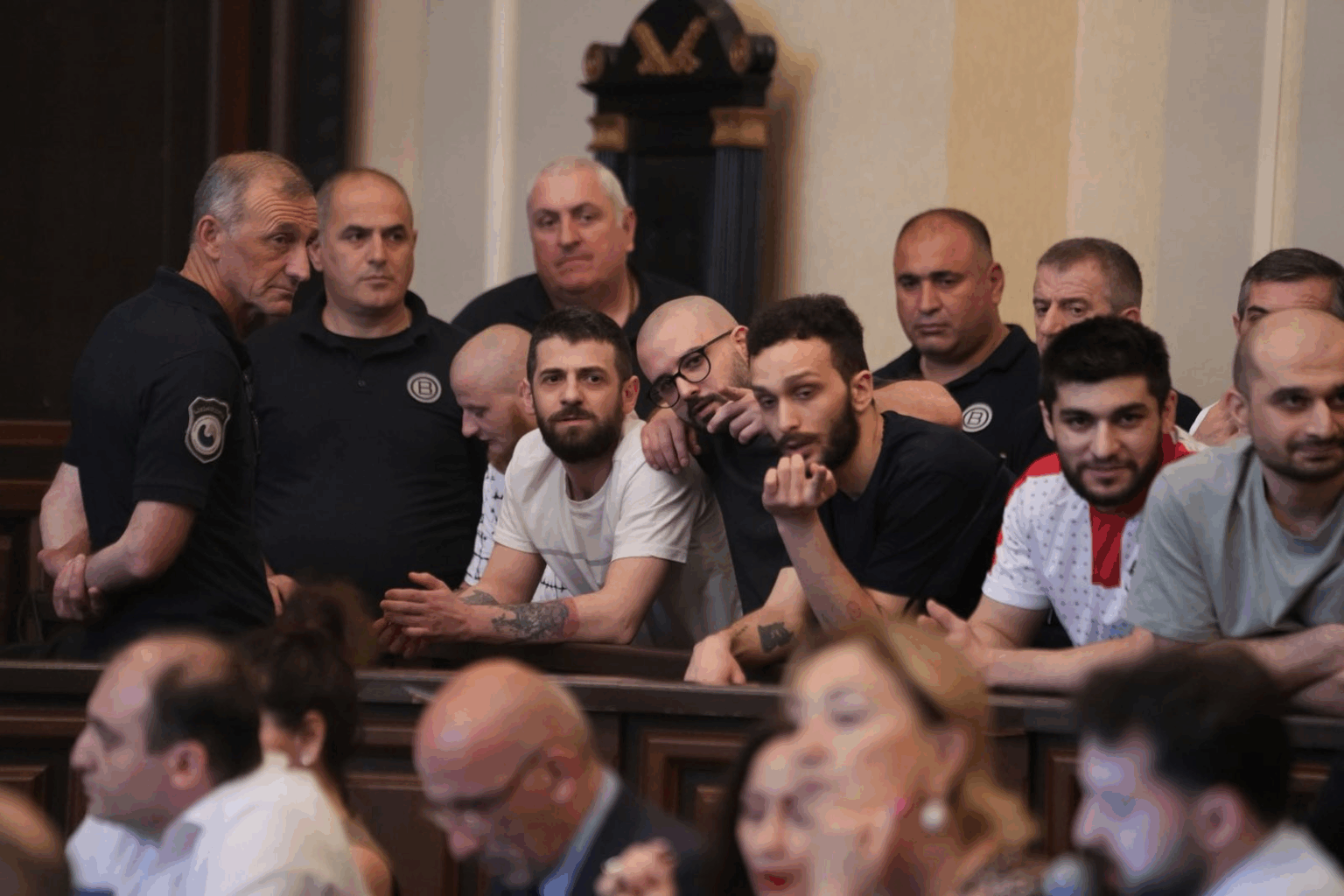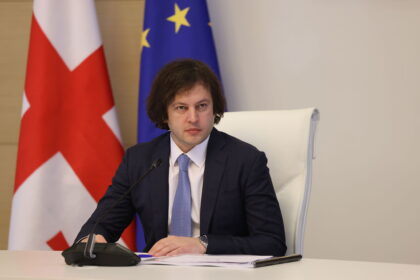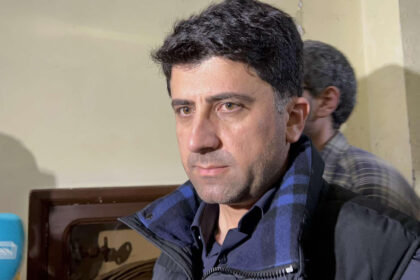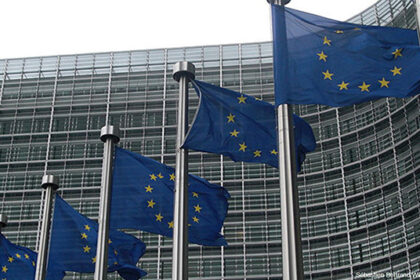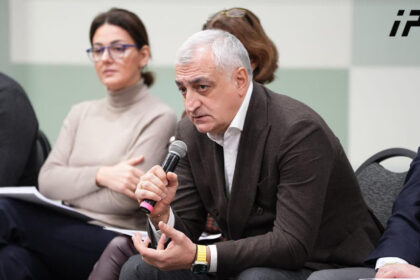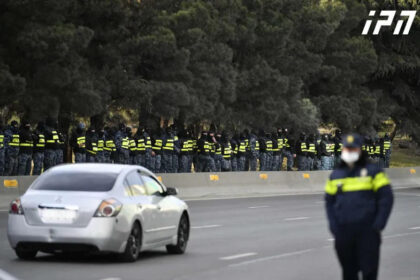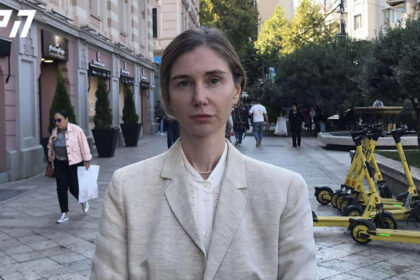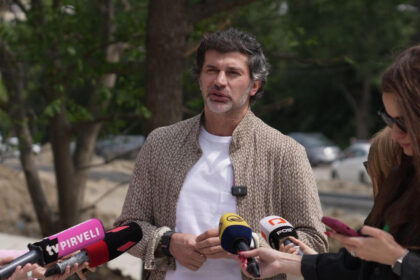**Georgia’s Government Faces Pressure Over Jailed Protesters**
A new controversy has erupted in Georgia as protesters detained during pro-EU demonstrations claim they were offered pardons in exchange for apologies. This development comes as the country’s government faces growing pressure from both local and international communities to release dozens of people whose cases are believed to be politically motivated.
According to reports, several protesters have been sentenced to months or years in jail, while others await verdicts. The situation has sparked widespread discontent, with a recent poll suggesting that 73% of Georgians want the detained protesters released. Even among supporters of the ruling Georgian Dream party, 40% are in favor of releasing them.
One of the detainees, Andro Chichinadze, a prominent actor, spoke out against the government’s actions. He claimed that he was offered a pardon if he apologized for his involvement in the protests. However, Chichinadze refused to accept the offer, stating that the charges against him were trumped up.
This development is part of a larger issue facing Georgia’s government. The country’s opposition leaders, including Nika Gvaramia and Nika Melia, remain behind bars over allegations related to boycotting the Tsulukiani Commission. Earlier, President Mikheil Kavelashvili offered to pardon them if they agreed to participate in local elections slated for October 4. However, none of the detained leaders accepted the offer.
**International Pressure Mounts**
The situation has drawn significant attention from European officials and diplomats, who have repeatedly expressed concerns about what they view as arbitrary arrests. Brussels has warned that Georgia’s democratic backsliding could lead to consequences, including the suspension of visa-free travel with the EU.
Sociologist Iago Kachkachishvili commented on the survey results, saying that “the Georgian people do not believe in the young people detained during the protests or Mzia Amaghlobeli being criminals.” He emphasized that propaganda has failed to convince the public of their guilt.
**Delays in Verdicts Spark Optimism**
Meanwhile, delays in verdict announcements in two protest-related cases have sparked cautious optimism within the opposition. Lawyers suspect that the rush to issue verdicts before the nine-month limit on pre-trial detention expires is an attempt by courts to avoid releasing detainees.
One of these cases involves Giorgi Akhobadze, a prominent doctor and activist who was arrested during protests on serious drug charges. Another case involves Anatoli Gigauri, a protester and war veteran charged with assaulting a police officer. Both have pleaded not guilty.
**Cracks Forming in the Judiciary?**
The recent delays and procedural shifts have fueled speculation that cracks may be forming in Georgia’s judiciary, which has been criticized for its loyalty to the ruling party. Nika Gvaramia, jailed leader of the opposition Ahali party, believes that judges are facing mounting social pressure over their role.
As the situation continues to unfold, it remains to be seen how the government will respond to growing international and domestic pressure to release the detained protesters.




